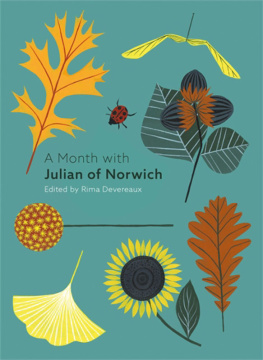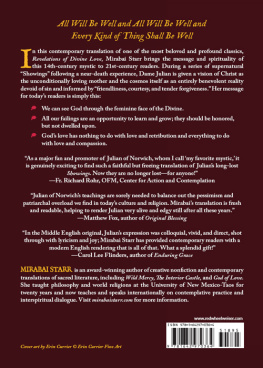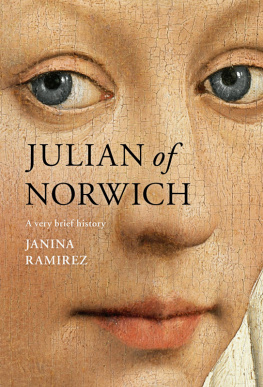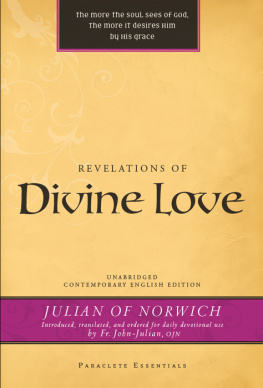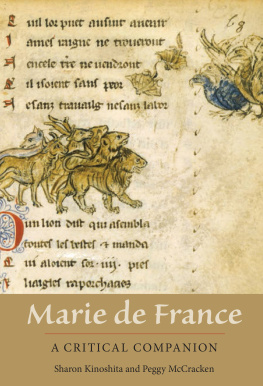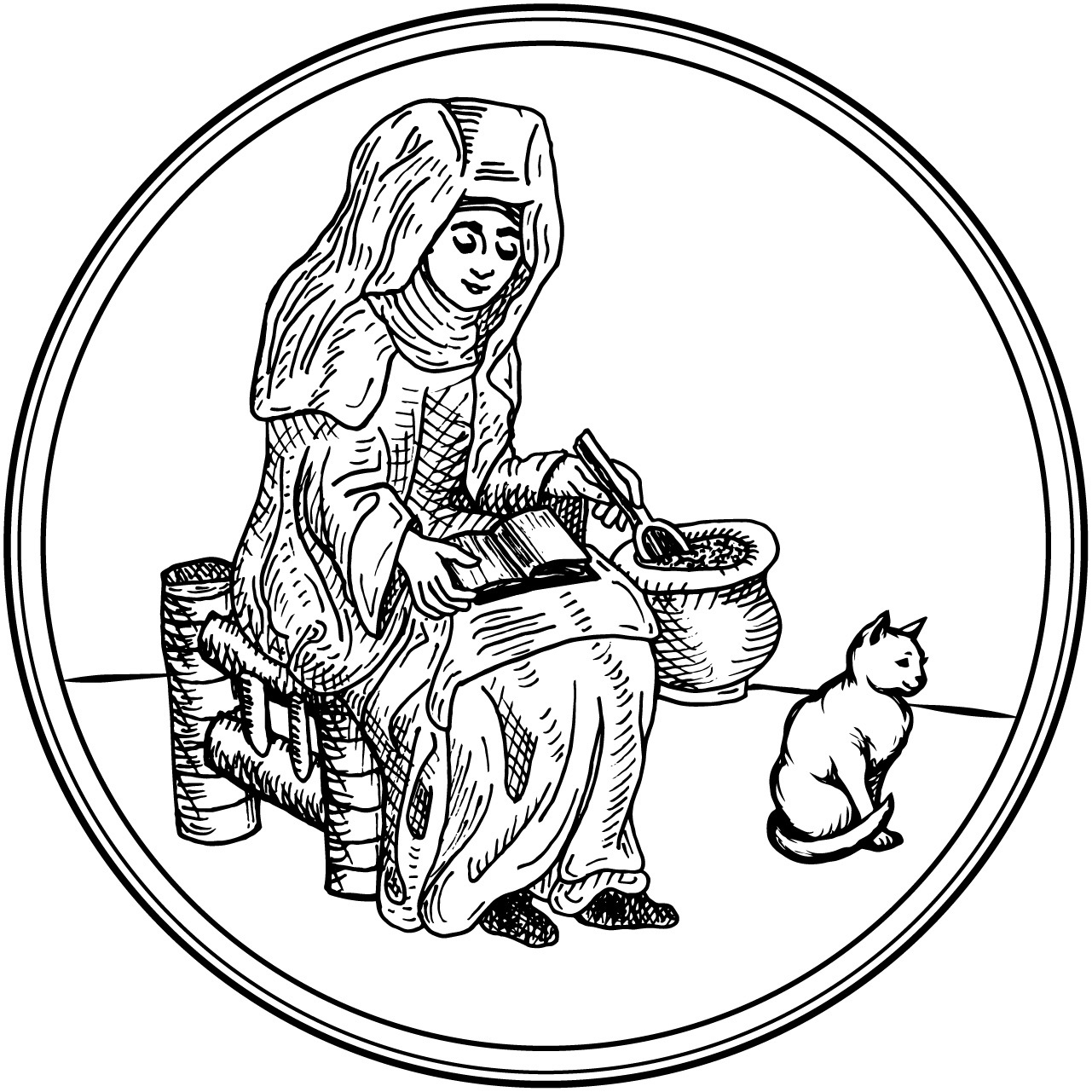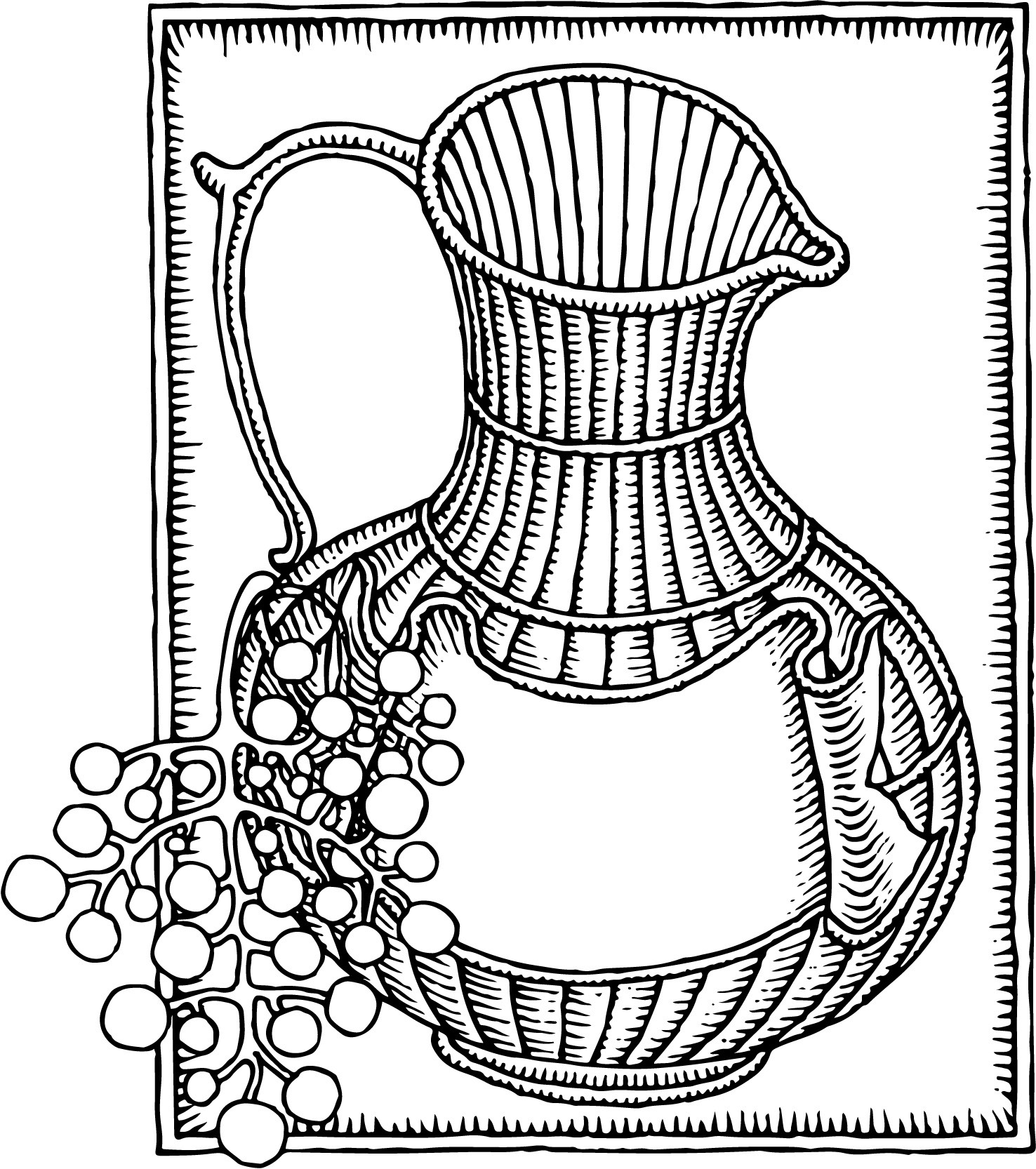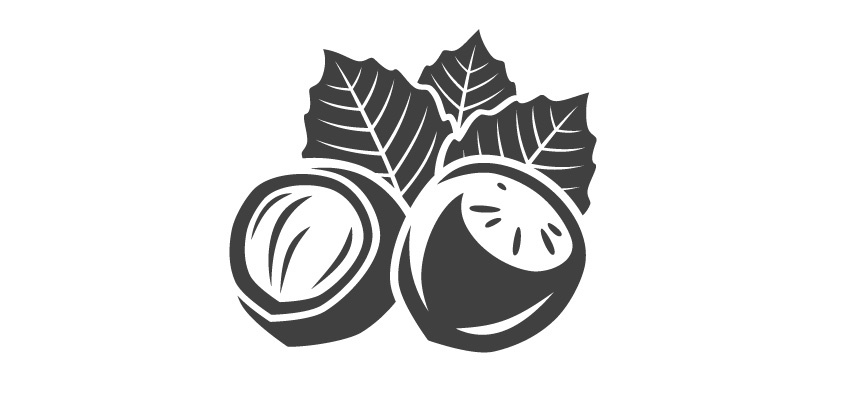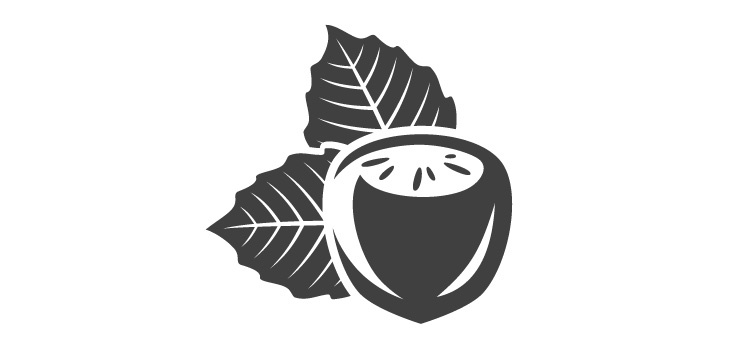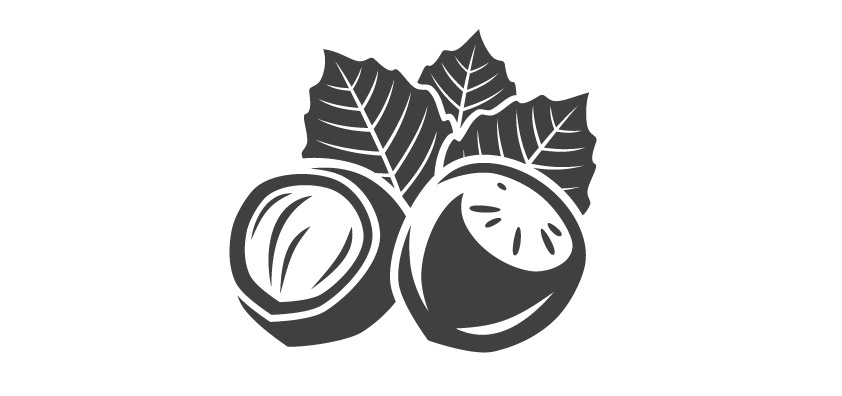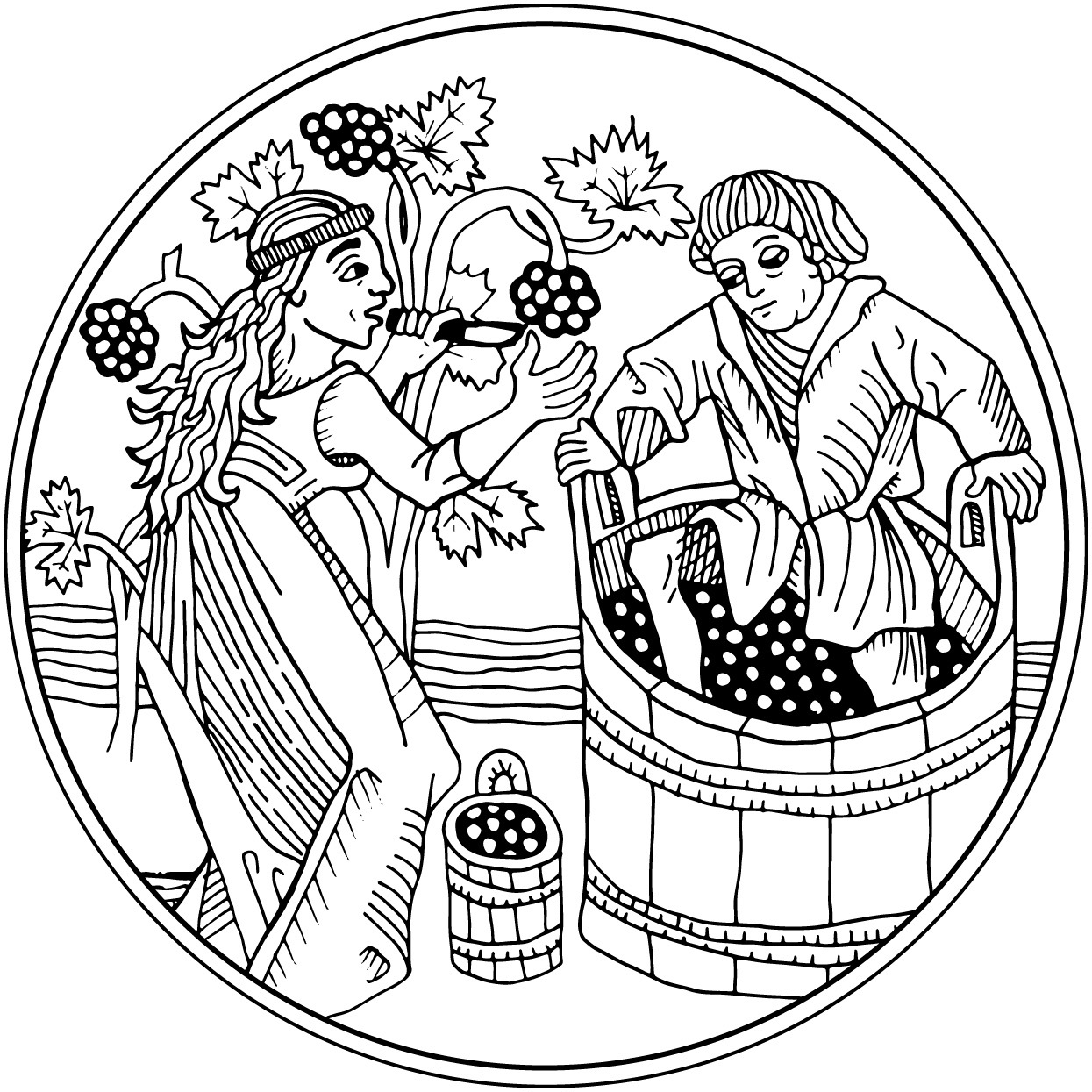Copyright 2021 by Anamchara Books, all rights reserved. Aside from short quotations, appropriately credited, this book may not be reproduced or transmitted in any form or by any means, electronic or mechanical, including photocopying, recording, taping, or any information storage and retrieval system, without permission from the publisher.
Anamchara Books
Vestal, NY 13850
www.AnamcharaBooks.com
Design and illustration by Micaela Grace.
Flora border by Marta Jonina.
Hazelnut symbol by Kirill Smalugov.
Paperback ISBN: 978-1-62524-283-9
Ebook ISBN: 978-1-62524-284-6
Contents
INTRODUCTION
T he woman known today only as Julian of Norwich was born in late 1342, and she died around 1412. In May 1373, when Julian was thirty-one, she became sick enough that a priest was called to administer the last rites. While she lay on what she thought was her deathbed, she had a series of intense mystical revelations, which she called showings. Shortly after this experience, she recovered from her illness. During Julians time as an ordinary woman, perhaps a wife and mother, she would have likely eaten and prepared the recipes included in this book, which are all drawn from fourteenth-century cookbooks.
Imprisoned for God
At some point in Julians life, however, she became an anchoress, committed to a life of prayer and meditation while confined to a cell adjoining a churchand at that point, her style of eating would have changed significantly. An anchoresss life was governed by a rule, a written structure that prevented excess and abuse. Julian would have probably followed the Ancrene Rule, written early in the thirteenth century, which provided detailed instructions for an anchoresss life. As a result, she would have worn plain clothes and eaten simple meals while living in a small suite of rooms. She would have eaten twice a day between Easter and Holy Cross Day (September 14), and the rest of the year, she would have had only one meal each day. That single meal would have likely been pottage, stew, or perhaps cabbage soupordinary, simple fare.
Anchoresses-women who chose to be imprisoned for Godwere an accepted part of medieval life, serving a function a bit like a counselor or psychologist might today. Although they had chosen a living burial, dying to the world in a very practical way, these women continued to be active in their communities. Both nobility and commoners, rich and poor, would have come to Julians window, seeking her advice and guidance.
Her anchorage would have had three windows: one that looked into the church, through which she could listen to mass and receive communion; a second that opened into the outside world, allowing people to speak with her and hear her counsel; and a third that looked into an adjoining room, where a servant lived. Unlike Julian, the servant could come and go, entering Julians suite to bring food and do the cooking and cleaning, so that Julians time could be devoted completely to prayer and spiritual counsel.
Julians World
Julians era was one of turmoil and crisis. The Plague swept through England three times during Julians lifetime. At least half the population of Norwich died; the clergy and undertakers could not keep up with the dead bodies. Meanwhile, other diseases killed the cattle, and harvests failed. In 1381, when Julian was thirty-nine, people became so desperate they rose up in a revolt, looting the churches and monasteries. During Julians entire lifetime, England was at war with France in what is now known as the Hundred Years War.
The Taste of Divine Love
And yet in the midst of all this turbulent uncertainty, Julian came to believe unshakably that all shall be well, and all shall be well, and all manner of things shall be well. Her comforting words speak to us today across the centuries. In our own times of anxiety and crisis, she assures us that Gods love can never be dimmed or squelched.
Though Julian was very concerned with the spiritual world, she believed it was firmly rooted in this worldthat the world of food and taste, of ordinary life and everyday actions, is the place where God reveals Divine love. Her book pairs well with recipes, for she writes again and again of the nourishment God gives to us and the sweet taste of the Divine. Joy and love are the two words that sum up her spirituality.
May this cookbook, based on the food of Julians lifetime, give you joy and the certainty that you are loved.
BEVERAGES
The Divine Spirit is everything that comforts us and gives us pleasure.
Julian
Apple Water
A very pleasant drink is made of apples...
Slice and core 6 apples for every gallon of water. (Do not peel.)
Add a little rosemary and lemon peel.
Boil the water and apples for an hour, being careful not to let the apples stick or burn.
Add sugar or honey to taste.
Bottle and chill.
Find comfort and pleasure!
Our entire life is threefold: in the first aspect, we have our being; in the second, we have our growth; and in the third, we have our fulfillment.
Julian
Clarrey
Temper it with good white wine...
1 bottle (750 ml) sweet white wine
12 cups honey
1 tablespoon cinnamon
1 tablespoon ginger
1 tablespoon cardamom
1 teaspoon white pepper
First Aspect: Being
Bring the wine and honey to a boil. Then reduce heat and skim off the scum. Taste for sweetness, and add more honey to suit your taste. Remove from heat, stir in spices, and allow to sit covered for 24 hours. Remove as much of the spices as possible with a spoon or ladle, and then strain the liquid through 2 or 3 layers of cheesecloth to remove the remaining spices. Bottle.



